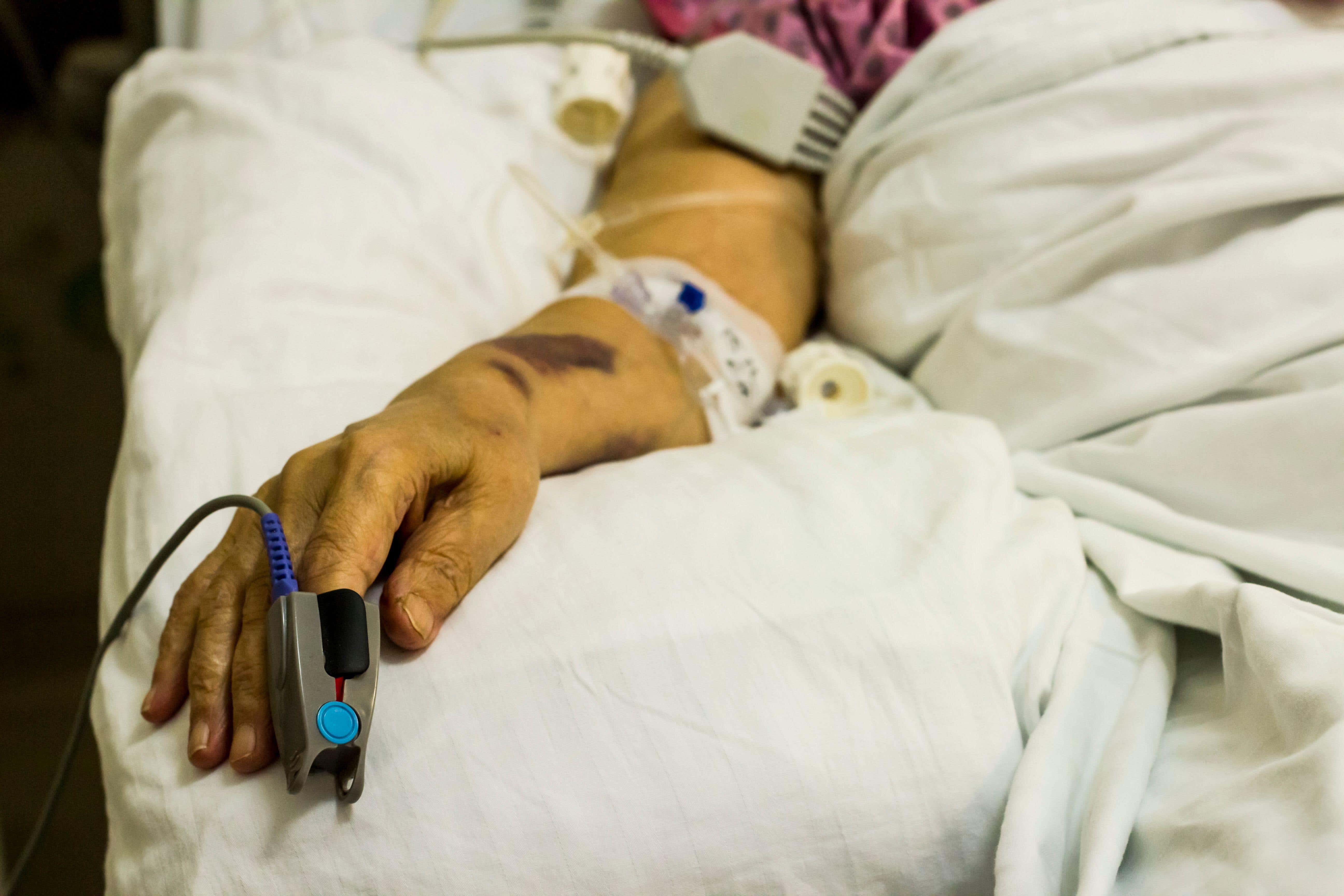Public panel supports law change to permit assisted dying
The so-called ‘citizens’ jury’ was randomly selected and deliberated on the topic for eight weeks.

Your support helps us to tell the story
From reproductive rights to climate change to Big Tech, The Independent is on the ground when the story is developing. Whether it's investigating the financials of Elon Musk's pro-Trump PAC or producing our latest documentary, 'The A Word', which shines a light on the American women fighting for reproductive rights, we know how important it is to parse out the facts from the messaging.
At such a critical moment in US history, we need reporters on the ground. Your donation allows us to keep sending journalists to speak to both sides of the story.
The Independent is trusted by Americans across the entire political spectrum. And unlike many other quality news outlets, we choose not to lock Americans out of our reporting and analysis with paywalls. We believe quality journalism should be available to everyone, paid for by those who can afford it.
Your support makes all the difference.Assisted dying should be permitted in England, according to a panel comprising members of the public.
Stopping pain and giving people dignity were among the top reasons for support, although it was stressed that anyone using an assisted dying service should be terminally ill and have the capacity to make the decision to end their life.
The so-called “citizens’ jury” – a randomly selected group brought together to discuss the topic by the Nuffield Council on Bioethics (NCOB) – deliberated for eight weeks.
They were given information on assisted dying, including written material, videos and presentations.
A final vote was cast by 28 jury members, with 20 agreeing that the law should change to permit assisted dying in England.
The jury findings indicate broad support for a change in the law in England, with some important details about what this should involve
Seven people disagreed with any potential law change and one person was undecided.
Professor Anne Kerr, chairwoman of the Nuffield Council on Bioethics’ assisted dying advisory board, said: “The jury findings indicate broad support for a change in the law in England, with some important details about what this should involve.
“This is a significant finding that will be valuable for policymakers who are considering whether and how to take forward legislative change.”
Those who voted in favour said assisted dying should be carried out to stop pain, as well as giving people a decision to end their life and the knowledge they can have a dignified death.
They also said it would allow people to avoid prosecution for helping a loved one to die.
Those against assisted dying warned that it could be used for the wrong reasons, misinterpreted, misused, and could result in less funding for palliative care.
When asked what the law should include on assisted dying, the jury said people accessing the service must be terminal and have the capacity to make the decision themselves.
One jury member, Ashok, said he drew on his own personal experience of working with people over 65 and in palliative care to come to his decision.
He said: “There was an incident where there was a lady who had terminal cancer, and she had to suffer for nearly over seven months because she refused treatment, but she was not allowed to die.
“So we had to watch her die on a daily basis. So that was really difficult for us.
“It is a very sensitive topic for us to discuss, and with all the information that we were provided, we were able to join together to come to some kind of conclusion which will benefit the larger whole.”
An Assisted Dying Bill was officially introduced in the House of Lords in July.
The topic has been in the spotlight for the last year, with moves to legalise assisted death being made elsewhere in the British Isles, and the announcement by cancer-stricken broadcaster and Childline founder Dame Esther Rantzen that she has joined Dignitas.
Former Labour justice secretary Lord Falconer of Thoroton’s private member’s bill – the Assisted Dying for Terminally Ill Adults Bill – is expected to be debated in mid-November.
A Government spokesperson said: “Successive governments have taken the view that any change to the law in this sensitive area is a matter for Parliament to decide.
“This Government has made clear that time will be provided for a proper debate and vote on any legislation brought forward.”
Catherine Robinson, spokesperson for Right To Life UK, said “citizens’ juries do not always represent the views of the public as a whole”.
“Our laws are made in the UK Parliament which has consistently rejected the introduction of assisted suicide which has put vulnerable people at risk in countries where it has been legalised,” she added.
“Parliament ought instead to focus on improving access to high-quality palliative care.”